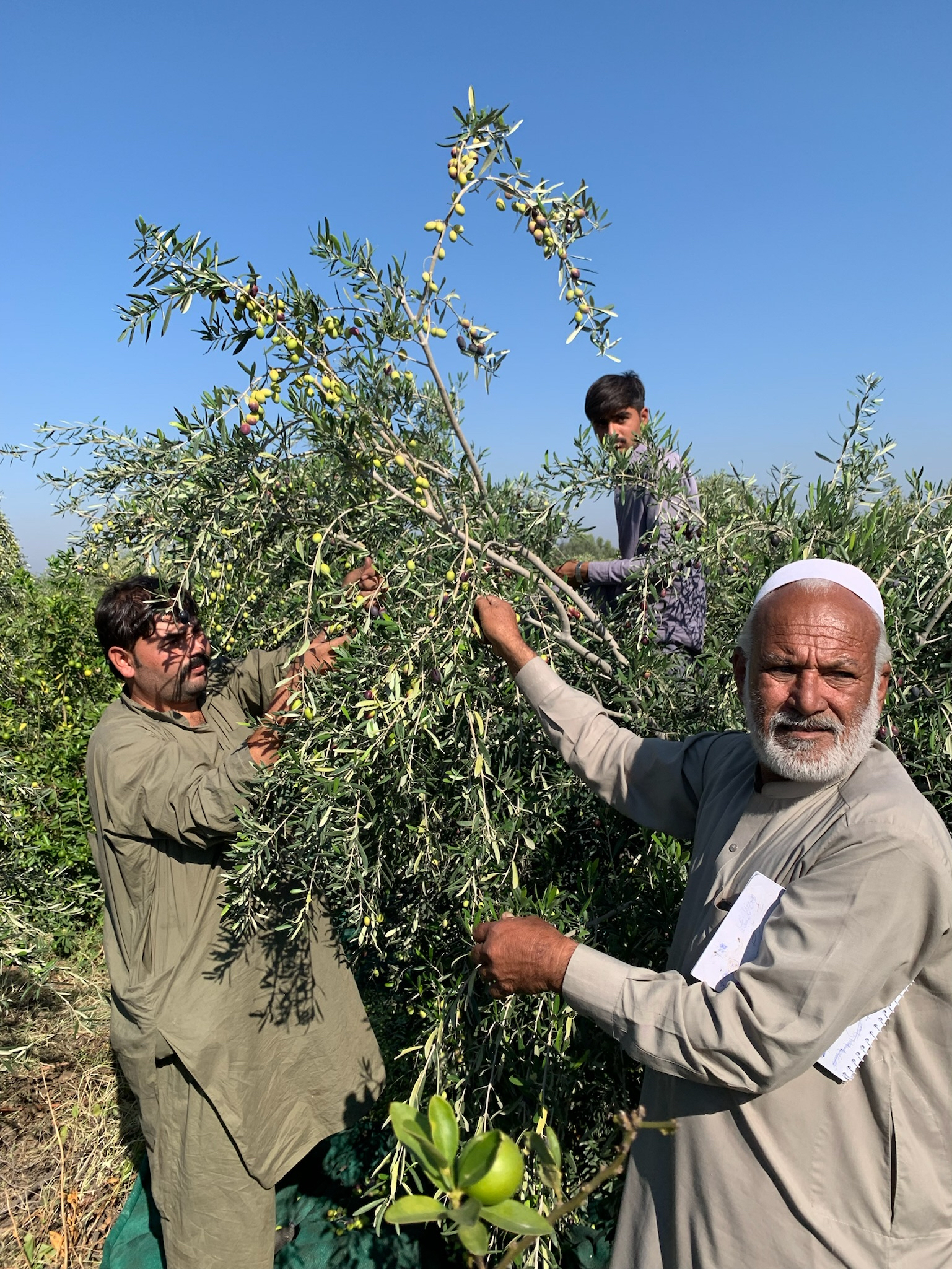The Italian contribution enabled the World Health Organization (WHO) to support 31 health facilities located in areas with insufficient services—specifically in the provinces of Helmand, Zabul, Nimroz, and Urozgan—delivering integrated primary and secondary care to 221,889 people. This support also included COVID‑19 prevention and treatment, as well as management of other infectious diseases. The intervention comprised four components:
- Support to the Anabah Regional Hospital in Panjshir (implemented by the NGO EMERGENCY).
- Strengthening of health facilities in Kabul, Zabul, and Kandahar (implemented by the NGO INTERSOS).
- Support to COVID‑19 hospitals (WHO component delivered through national NGOs).
- Coordination and leadership for health emergency preparedness and humanitarian response at national and local levels.
In addition, 379,127 residents of so‑called “white areas”—characterized by absent or inadequate basic health services—received care through 44 supported primary‑level facilities, including 379,127 outpatient department (OPD) consultations, 17,476 antenatal visits, 7,794 postnatal visits, 4,309 assisted deliveries, 55,222 vaccinations, 80,761 growth‑monitoring consultations, and 20,413 mental health consultations.
Furthermore, 334,721 people directly benefited from hospital‑level services—such as inpatient admissions, surgical procedures, skilled birth attendance, and caesarean sections—thanks to WHO support to three secondary‑level hospitals. All activities were completed on 30 June 2024.
| Zone of intervention |
Helmand, Zabul, Nimroz and Urozga, Lashkar-Gah |
| Financing Channel |
Multibilateral |
| Codification |
Humanitarian |
| Deliberation |
VM 71 – 29/09/2022 |
| SDGs |
SDG 3: health and wellness |
| Sector of intervention |
Health |
| Gender marker |
0 |
| Executing Entity |
WHO Afghanistan |
| Total Cost |
€ 6.000.000,00 |
| Duration |
March 2022 – June 2024 |
